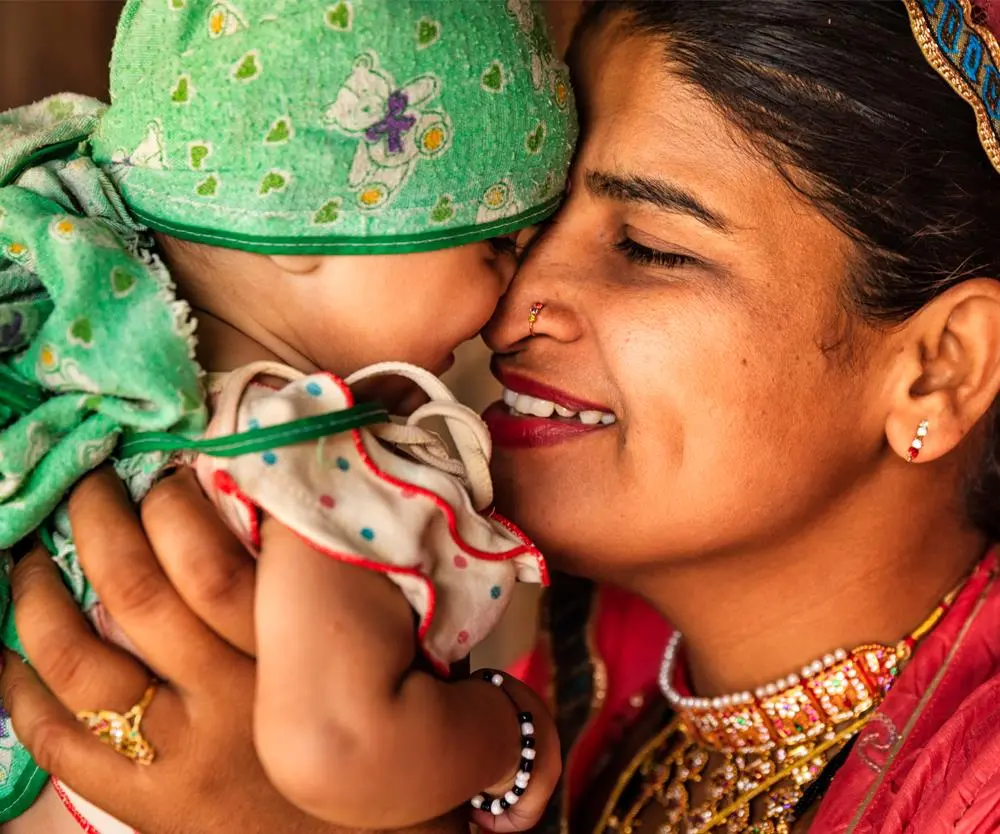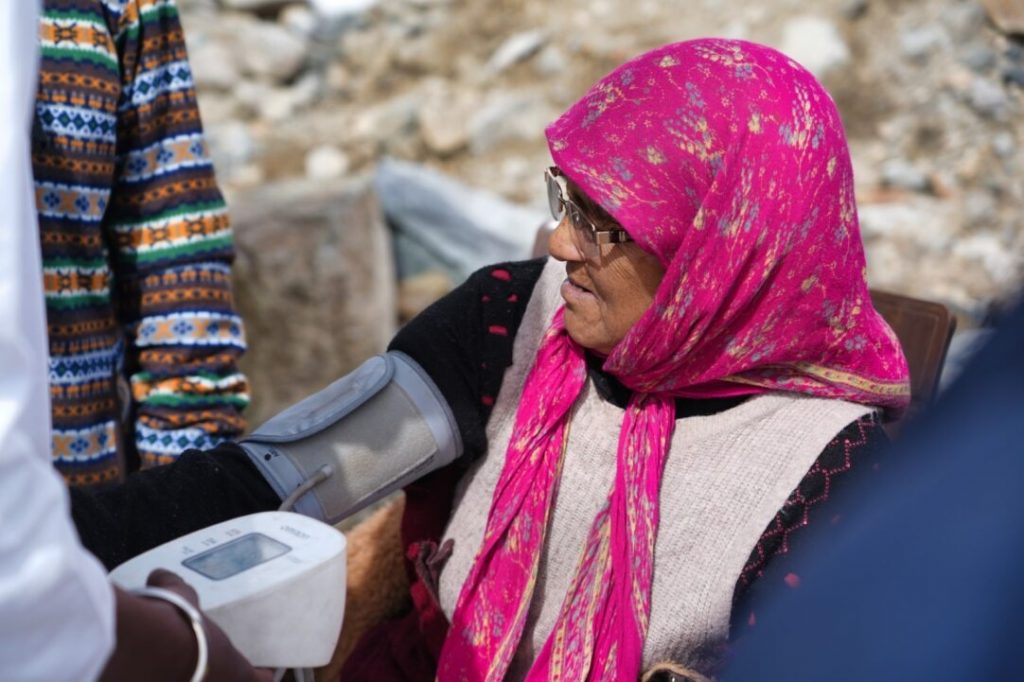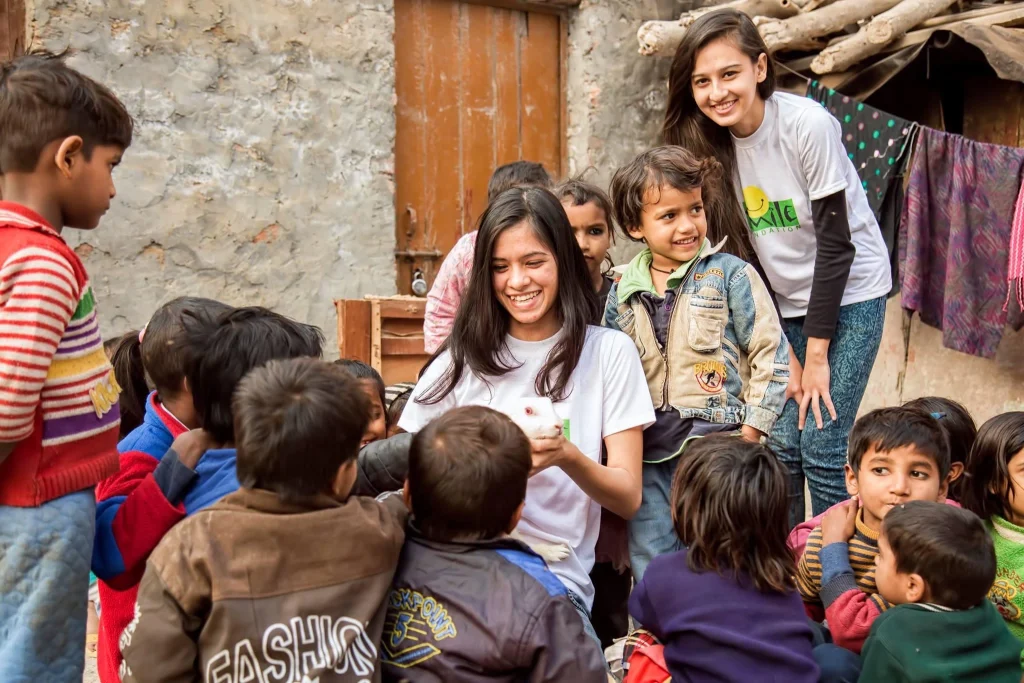Pregnancy and childbirth are often described as magical, life-changing experiences—and they are. But what comes after can be just as intense, just as transformative, and often, not talked about enough.
Once the baby arrives, attention naturally shifts to the newborn. But a mother’s journey is far from over. In fact, it’s just entering a new chapter. The postpartum period, those first weeks and months after delivery, is a time of physical healing, emotional recalibration, and massive change. And yet, many women feel completely unprepared for it.
Let’s talk about what really happens during postpartum, why it matters, and how more open, informed conversations can help women feel seen, supported, and better equipped to take care of themselves.
The physical side: What your body goes through after birth
No one really tells you how physically demanding postpartum recovery can be. Sure, childbirth is tough but what happens afterward can be equally intense.
For starters, your uterus doesn’t just shrink back immediately. It takes weeks to return to its normal size, and the contractions that help it get there can cause cramping that feels like strong period pain. This is completely normal but often catches women by surprise.
Then there’s lochia, a heavy vaginal discharge made up of blood and tissue, which can continue for up to six weeks. Many women aren’t prepared for the amount or duration of postpartum bleeding and that can be unsettling if they don’t know what to expect.
Vaginal soreness is also common, especially for those who had a vaginal delivery. Swelling, discomfort in the perineal area, and stinging while urinating can linger for days or even weeks. Ice packs, warm baths, and prescribed pain relief can help, but the healing process is personal and varies greatly from woman to woman.
Breastfeeding brings another set of challenges. Breasts can feel swollen, tender, or painfully engorged. Cracked nipples, latching issues, and early breastfeeding discomfort are more common than most admit. And while nursing is often portrayed as natural and bonding, it doesn’t always come easily. Many mothers find the process frustrating, even distressing.
On top of that, hormone fluctuations, interrupted sleep, and the sheer exhaustion of caring for a newborn can leave women drained, both physically and emotionally.
This is why postpartum education is so crucial. New mothers need to be informed about what’s normal, what’s not, and when to seek help. Unfortunately, in many parts of India, and especially in rural or underserved communities, this kind of information just isn’t readily available.
Closing the gap: Making postpartum care accessible
Healthcare providers are doing their best, but time, infrastructure, and access are often limited. That’s where non-profits step in to fill critical gaps.
Smile Foundation is working to change that narrative. Through our Swabhiman programme, we conduct awareness sessions that empower women with information about postpartum health—from hygiene to nutrition to newborn care. These sessions not only educate but also encourage women to seek care without shame or delay.
In areas where clinics are few and far between, Smile Foundation’s Smile on Wheels initiative brings healthcare right to women’s doorsteps. These mobile medical units, staffed with doctors and paramedics, provide essential maternal and child health services, including check-ups, basic diagnostics, and medications—free of cost.
By reaching women who might otherwise fall through the cracks, these initiatives play a vital role in building a more equitable healthcare system and improving maternal outcomes.
Emotional Wellness: The part we don’t talk about enough
While the physical changes are more visible, the emotional toll of postpartum can be just as significant—if not more so. Yet it often goes unacknowledged.
Many new mothers experience the “baby blues” in the first few days after birth. These mood swings, tearfulness, and irritability are usually short-lived. But when feelings of sadness, hopelessness, or anxiety persist, it could be something more serious: Postpartum Depression (PPD).
PPD affects between 10 to 20 percent of women after childbirth. It’s not simply about feeling tired or overwhelmed. Women with PPD may experience emotional numbness, chronic fatigue, trouble bonding with their baby, sleep and appetite disturbances, and even thoughts of self-harm or harming their child.
PPD can begin a few weeks after delivery, or it might take months to show up. Either way, it’s real, it’s serious, and it’s treatable. What’s needed is early identification and support through therapy, medication when needed, or a combination of both.
Again, awareness plays a huge role here. Smile Foundation has also stepped up in this space, conducting outreach and educational programmes focused on maternal mental health, breastfeeding education, and nutritional care. These programmes are designed not just to inform but to empower women to recognise when they need help and to feel safe asking for it.
Why talking about postpartum matters
The postpartum period is not just about recovery—it’s a time of rediscovery. A woman’s identity is reshaped as she learns to care for a newborn while also navigating pain, fatigue, hormonal shifts, and social expectations.
Yet, conversations about postpartum tend to be hushed or wrapped in guilt and pressure—to bounce back, to keep smiling, to just “be grateful.” The result? Many women feel isolated, overwhelmed, or even ashamed of their struggles.
Changing this starts with acknowledging the full picture. By speaking openly about the physical and emotional realities of postpartum, we make it easier for women to share, to seek support, and to trust that what they’re feeling is valid.
🍼 Myths vs. Facts: What No One Tells You About Postpartum
Support should be commonplace for new mothers
Postpartum care shouldn’t be a privilege. It should be a standard part of every mother’s healthcare journey. That means:
- Providing clear, consistent information before and after delivery.
- Offering mental health support without stigma.
- Making maternal health services available and accessible, no matter where a woman lives.
- Empowering women to ask questions and advocate for their own well-being.
Motherhood is powerful, but it’s also vulnerable. And women shouldn’t have to navigate that vulnerability alone.
Let’s start telling the full story. Let’s listen to mothers. And let’s make sure every woman knows she’s not alone—because she isn’t.










